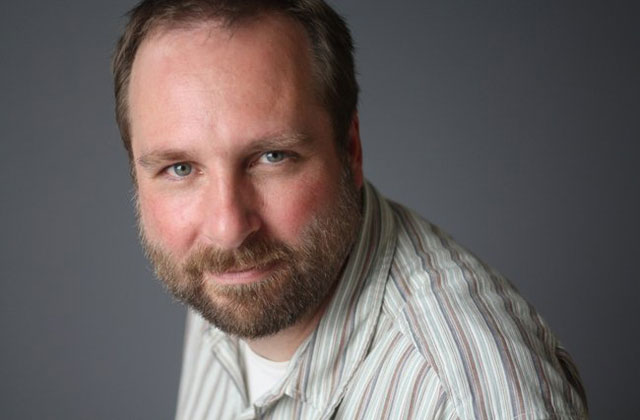University of Massachusetts historian Stephen R. Platt will offer rare glimpse into the Taiping Civil War on Thursday, Jan. 24 as part of a celebration of his book “Autumn in the Heavenly Kingdom: China, the West and the Epic Story of the Taiping Civil War,” which won McGill University’s 2012 Cundill Prize – called the world’s richest and most prestigious award for historical literature. a
Platt’s talk, titled “Into the Storm: Some Windows into a Chinese Civil War,” begins at 4 p.m. in UMass Amherst’s Cape Cod Lounge. A reception will follow.
Published earlier this year by Alfred A. Knopf, Platt’s book was chosen from among 143 works submitted by publishers from all over the globe. The competition, now in its fifth year, features a $75,000 U.S. grand prize.
Platt’s winning book describes China in the 1860s as not some exotic, otherworldly “Middle Kingdom” removed from the course of events in the West, but a country deeply integrated into the world’s economy and home to thousands of foreigners. And, as it descended into civil war, the Western powers were watching.
While Union and Confederate troops were slaughtering each other at Antietam in 1862 in what is called the bloodiest day in American history, Taiping rebels were leading millions of Chinese in the final stages of an uprising against the Manchu rulers of China in what Platt describes as the bloodiest civil war in human history.
The resolution of the Taiping Rebellion was to a significant degree determined by outsiders, notes Platt. For the West, it proved a dark warning of the perils of involvement in foreign wars and a reminder of just how difficult it can be – in hindsight – to distinguish between humanitarian intervention and imperialism. Platt skillfully weaves the complexities of the Taiping movement and its bid to bring China into the modern world with the stories of Americans and Europeans caught up in the chaos just as America entered its own crisis of dissolution.
Joye Bowman, chair of the history department at UMass Amherst, praised Platt’s work on China as “timely and important in this changing world that we all face,” and called his Jan. 24 lecture “a very special treat.”



